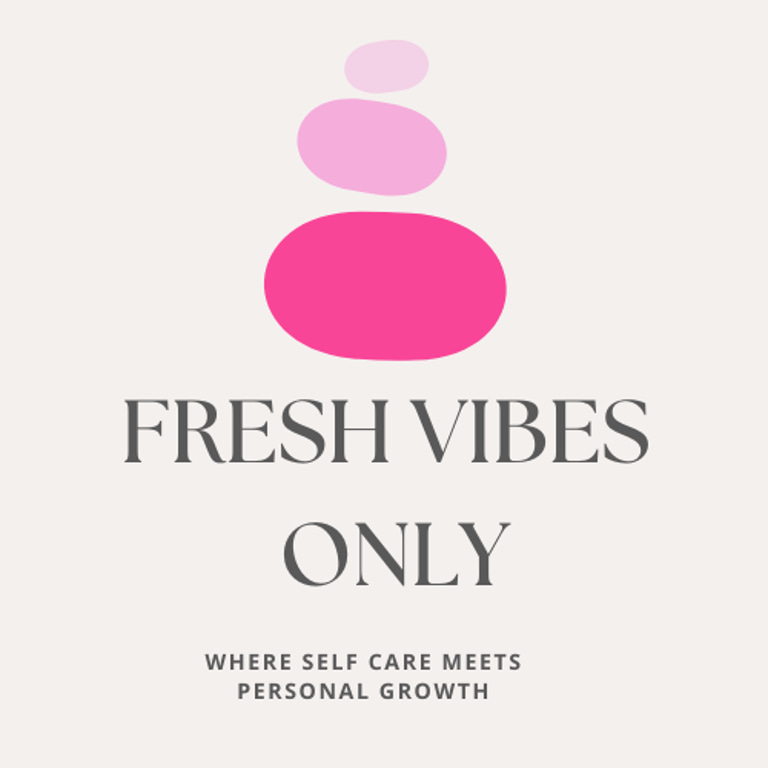10 Effective Ways to Reduce Stress in Today's Hectic World
With the pace of life and the many changes and challenges we face each day, it is important to find ways to reduce stress.
STRESS MANAGEMENT
Calen Rey
9/7/20243 min read
This post may contain affiliate links for which
I may receive a commission from purchases
made through the links
.In our fast-paced, always-connected world, stress has become an unwelcome companion for many. The constant demands of work, family, and social obligations can leave us feeling overwhelmed and exhausted. However, there are proven strategies to help manage and reduce stress, allowing us to lead healthier, more balanced lives. In this blog post, we'll explore ten effective ways to combat stress and find peace in our busy world.


1. Practice Mindfulness Meditation
Mindfulness meditation is a powerful tool for reducing stress and anxiety. By focusing on the present moment and observing your thoughts without judgment, you can cultivate a sense of inner calm. Start with just 5-10 minutes a day, gradually increasing the duration as you become more comfortable with the practice. The Moonbird is a meditation device that is receiving attention. which helps stress and relaxation using biofeedback.
2. Exercise Regularly
Physical activity is a natural stress-buster. Whether it's a brisk walk, a yoga session, or an intense workout, exercise releases endorphins – the body's feel-good hormones. Aim for at least 30 minutes of moderate exercise most days of the week to reap the stress-reducing benefits.
3. Prioritize Sleep
Adequate sleep is crucial for managing stress. Lack of sleep can exacerbate stress and anxiety, creating a vicious cycle. Establish a consistent sleep schedule, create a relaxing bedtime routine, and aim for 7-9 hours of quality sleep each night. New ways to find a good night's sleep in our charged technological world are coming forward. One of these is Mindlax which has been featured in Time Magazine. Mindlax generates alpha waves and gives a deeper longer sleep.
4. Connect with Others
Strong social connections can provide emotional support and help buffer against stress. Make time for friends and family, join a club or group with shared interests, or consider volunteering. These connections can provide a sense of belonging and perspectiveWrite your text here...


5. Practice Time Management
Feeling overwhelmed by tasks and responsibilities is a common source of stress. Improve your time management skills by prioritizing tasks, breaking large projects into smaller, manageable steps, and learning to say "no" to non-essential commitments.
6. Cultivate a Hobby
Engaging in activities you enjoy can be a great way to relieve stress. Whether it's gardening, painting, playing music, or crafting, hobbies provide a creative outlet and a break from daily pressures. Make time for activities that bring you joy and relaxation.
7. Limit Digital Consumption
While technology has its benefits, constant connectivity can be a significant source of stress. Set boundaries around your digital consumption. Designate tech-free times, turn off notifications, and create screen-free zones in your home to reduce digital overload.
8. Practice Deep Breathing
Deep breathing exercises can quickly help calm your mind and body. Try the 4-7-8 technique: inhale for 4 counts, hold for 7 counts, and exhale for 8 counts. Repeat this cycle a few times whenever you feel stressed or overwhelmed.


9. Maintain a Healthy Diet
What you eat can significantly impact your stress levels. A balanced diet rich in fruits, vegetables, whole grains, and lean proteins can help stabilize your mood and energy levels. Limit caffeine and sugar intake, which can exacerbate stress and anxiety.
10. Spend Time in Nature
Connecting with nature has been shown to reduce stress and improve overall well-being. Take regular walks in a park, go hiking, or simply sit outside and observe the natural world around you. Even a few minutes of green time can have a positive impact on your stress levels.


Implementing these stress-reduction strategies into your daily life can lead to significant improvements in your overall well-being. Remember, managing stress is an ongoing process, and what works best may vary from person to person. Be patient with yourself as you explore different techniques and find the combination that works best for you.
By prioritizing self-care and stress management, you can navigate the challenges of modern life with greater ease and resilience. Start small, be consistent, and watch as these practices transform your relationship with stress, leading to a more balanced and fulfilling life.


